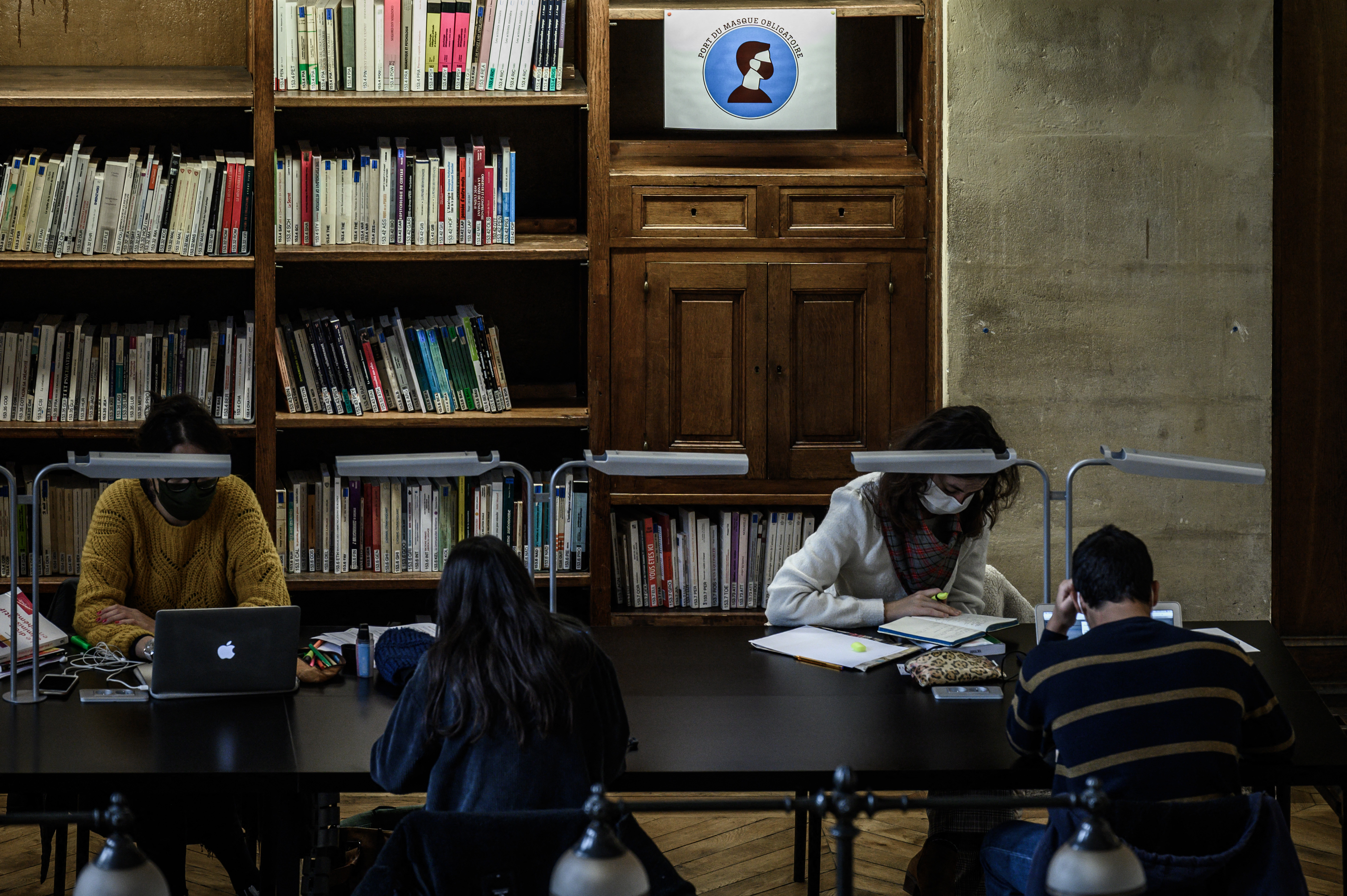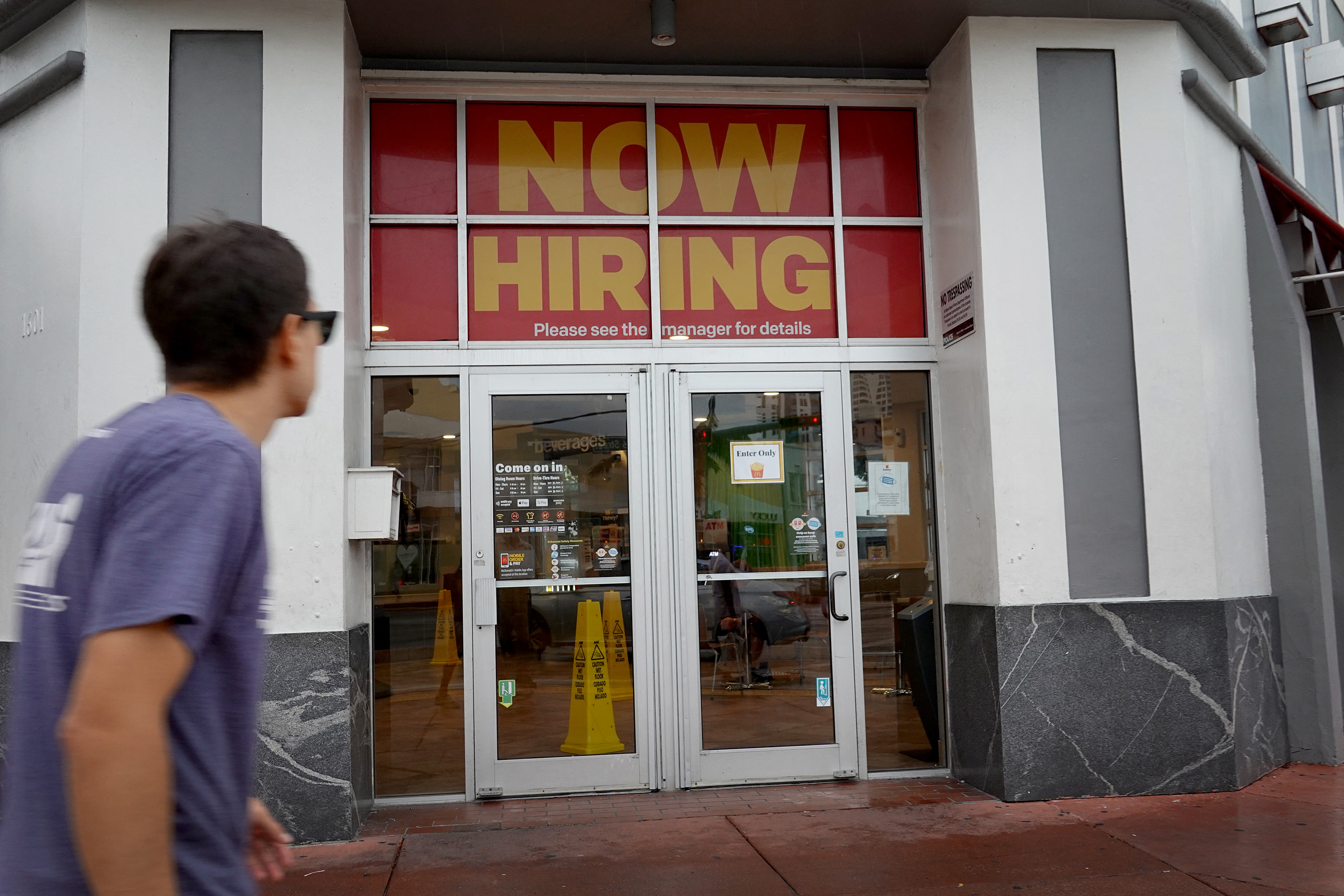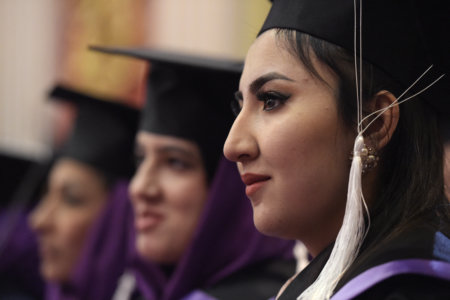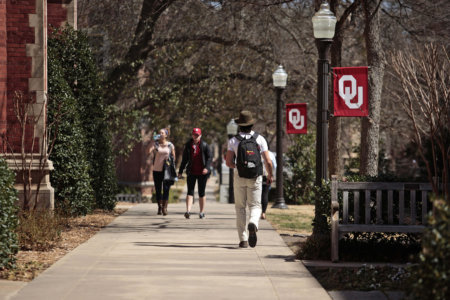
The allure of successful migration after graduation sells. It’s a picture that invites thousands of students to cross borders yearly for an education, and hopefully, a permanent resident card. With more countries aggressively opening up immigration pathways to fill up labour shortages, the bid to secure a PR elsewhere for social and economic mobility has become a strong incentive for studying abroad.
For some students, fleeing their home countries for greener pastures is a no-brainer if they are escaping oppressive systems and conditions at home. If you’re not forced to make that choice, using a university education to get a permanent resident card elsewhere comes with its own set of challenges that you might not be ready to confront.
With an ongoing global pandemic and political volatility sweeping across many countries, anything from work permit delays to inflation rates can affect your quality of life in a new country.
Before you commit to years of studying and working to rack up immigration points, here’s why a PR shouldn’t be the end goal of your educational journey:
Why a permanent resident card shouldn’t be your motivation to study overseas
It shifts the goal away from education
Education is a powerful passport on its own, more so if it’s from a prestigious institution. Case in point? Just look at the UK, which created a special work visa category to attract graduates from the world’s top 50 universities by allowing them to enter the country without a job offer.
Even so, the genuine pursuit of knowledge should be the main driver behind any decision in your learning. Think about it — degree programmes typically require three to four years, assuming you’re not taking study breaks down the road. Between flight tickets, visas, international tuition fees, and student accommodation, the cost is extortionate if you’re not on financial aid.
You’re making a momentous financial and personal sacrifice, so make that experience count. Don’t pick a course just for the sake of PR expediency; choose a degree that compliments your strengths and interests that will foster your full potential.

The focus on gaining an education abroad should be on the study experience itself, which can unlock many opportunities for you to grow. Source: Philippe Lopez/AFP
Immigration policies can change anytime
Prime study destinations such as Canada, the UK, and Australia offer post-study work permits that can propel you towards a permanent resident card. This doesn’t eclipse the fact that immigration rules are subject to the whims of factors such as political climate, labour demands, and bureaucratic hiccups.
Policies are not set in stone, and can drastically change on the fly without warning. Take former US President Donald Trump’s infamous travel ban, or Canada’s pause on the Express Entry programme — a popular immigration pathway among international students — just last year due to system overload in application processing.
You might have arrived at your study destination in auspicious circumstances, but there’s no telling how or when laws around migration will shift. The pandemic alone has blown PR chances away for many hopefuls who thought they had a good shot of becoming immigrants. The blow of seeing a long-held dream is crushing, especially when you’ve paid a high price for it in more ways than one.

Immigration laws are subject to change, and can affect your chances of becoming a permanent resident after finishing your studies. Source: Daniel Leal/AFP
It’s a long journey with no guarantee of success
Even if you’ve played your cards right all the way from the start, there is no foolproof method to ensure that a permanent resident card will be a reward for all your hard work. Some students do get lucky, and manage to get theirs approved within a short amount of time, but those stories aren’t indicative of everyone’s experience.
Instead, many international graduates find that having a degree from their study destination doesn’t always tip the scales in their favour once they’re out of school. Job hunts can be challenging when companies prefer local candidates to avoid the risk of hiring someone with indeterminate immigration status.

International students face a tough time landing jobs after graduation, so you may have to resort to low-paying jobs that won’t help you secure a PR. Source: Joe Raedle/Getty Images North America/Getty Images via AFP
You might have to resort to low-wage jobs, which might not be counted as “skilled” work for migration. It might not be sustainable to cover your living costs too. Even if you rack up sufficient points to qualify for a PR, the application alone can cost thousands of dollars with no certainty of approval.
Spending years waiting for a PR puts you in a legally vulnerable position as a foreigner, when all that time can instead be spent on building a successful career back home. So while having immigration in mind when studying overseas can pay dividends if you’re successful, it’s wise to think long and hard if you have what it takes to withstand the risks going down that path.










